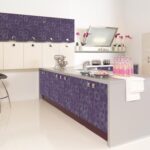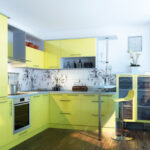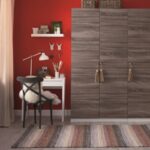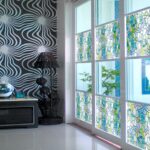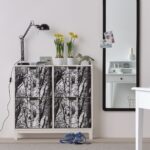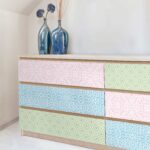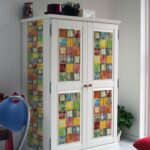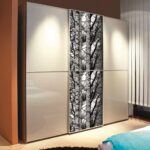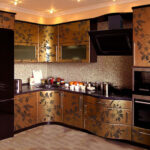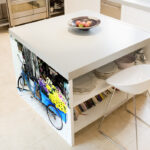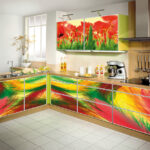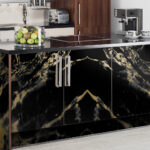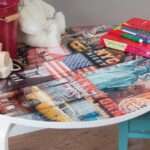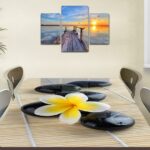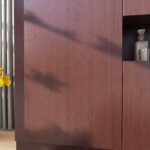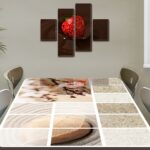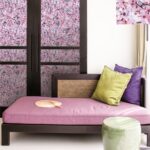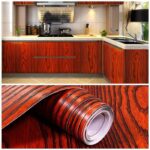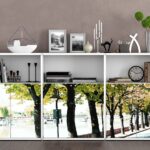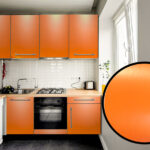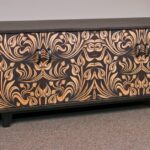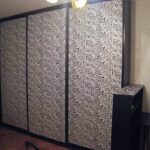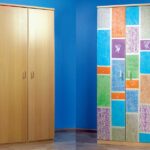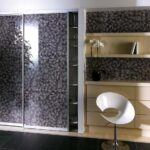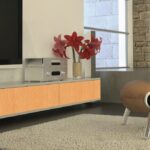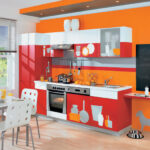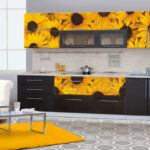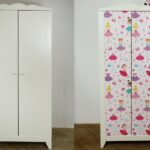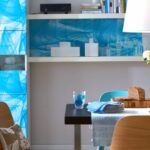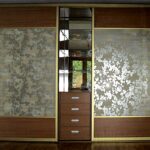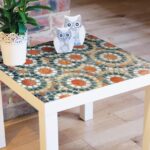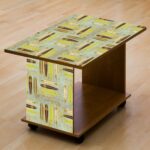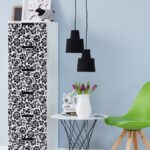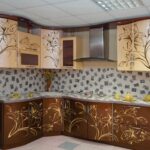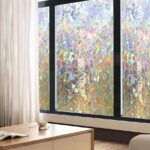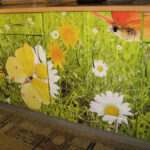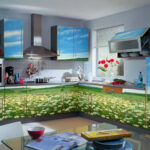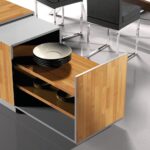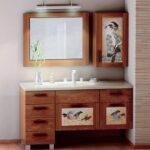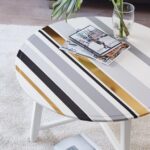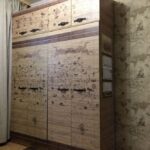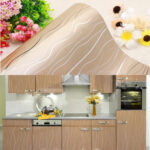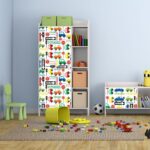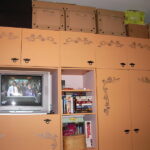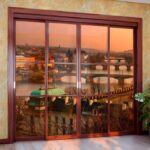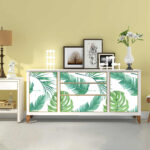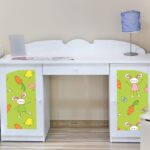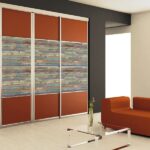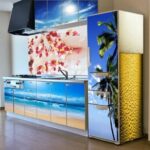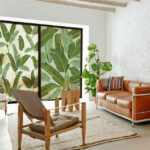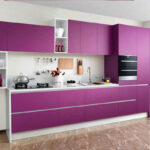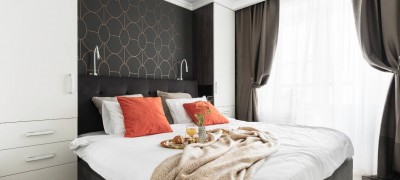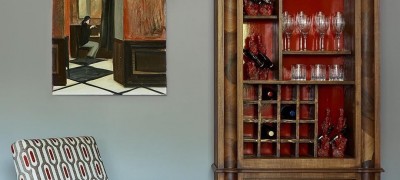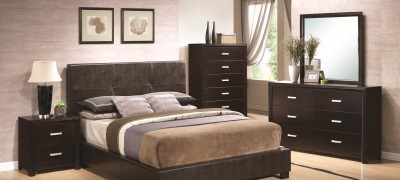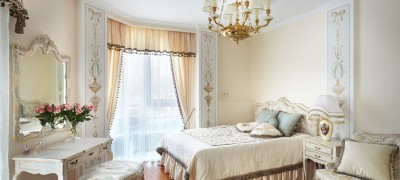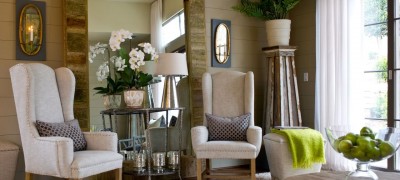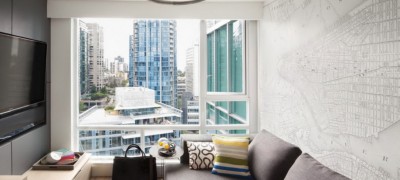How to glue self-adhesive film on furniture
No matter how high-quality the furniture is, over time it loses its gloss, fade and loses its original attractive appearance. What if the functionality of the furniture is in perfect order, and the appearance is already far from ideal? The answer is simple - replace the old coating with a new one.
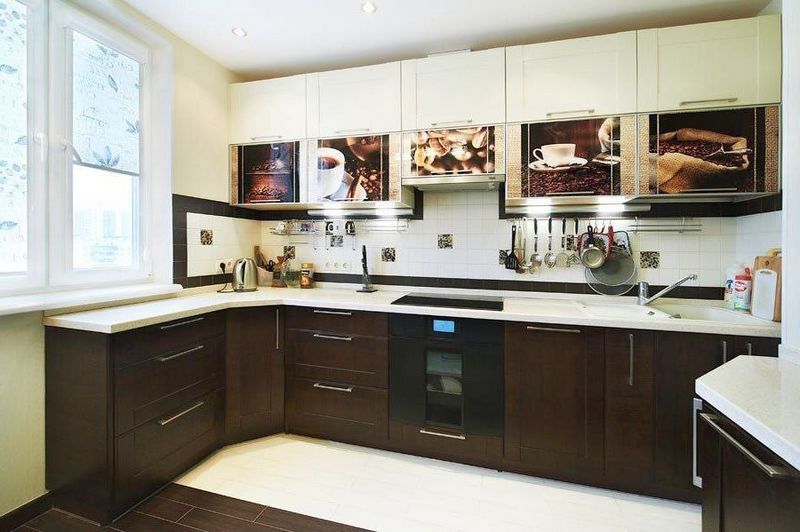
What is self-adhesive film
Self-adhesive is a great option for refreshing furniture that is already outdated over time. To do this, you only need the material itself and sharp scissors or a construction knife. There are special compartments on the inside of the product, so that it can be easily cut into rectangles and squares of the desired size.
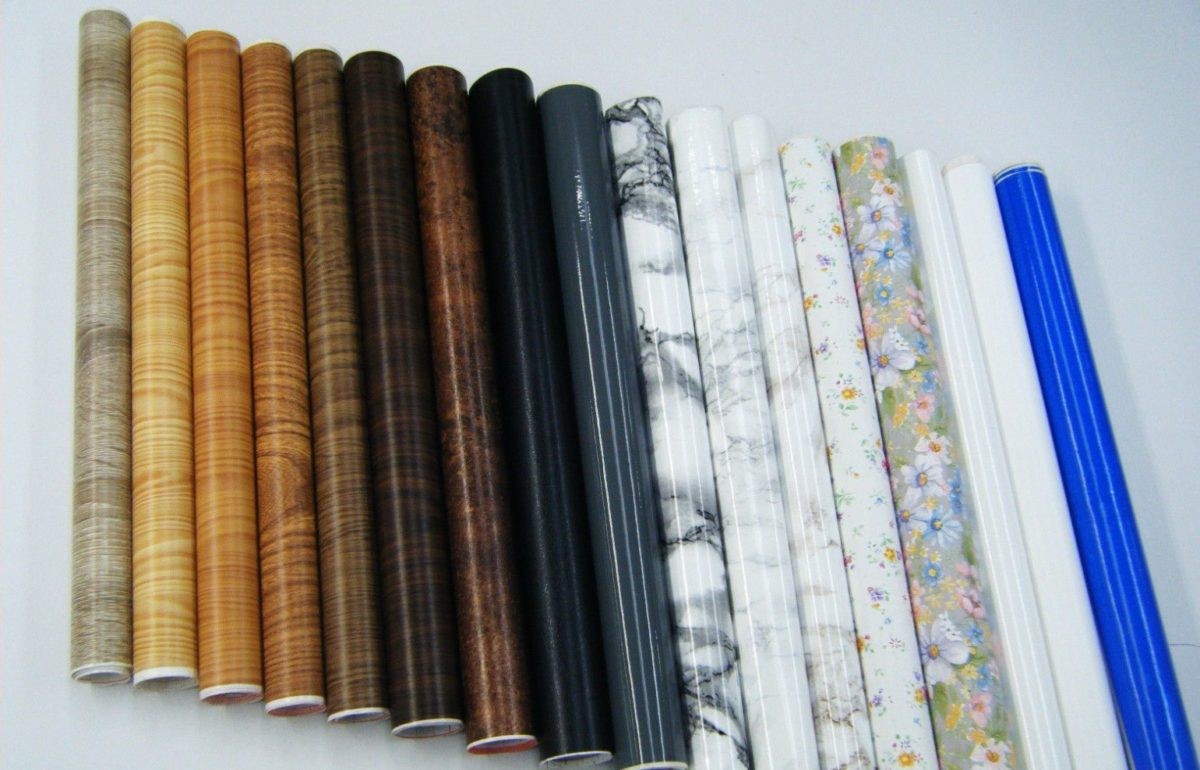
The material is easy to care for, it can be treated with detergents and gels. Furniture covered with foil is protected from scratches and chips. It is durable and has an attractive appearance. Anyone can glue furniture on their own; this does not require special skills.
Types and types of films for furniture
Self-adhesive has three width formats - 45 cm, 67 cm, 90 cm. Basically, it has wood, marble, gloss colors. There are also coatings with various patterns and photo printing. In addition, there is a separate type of self-adhesive - stained glass, intended for pasting windows.
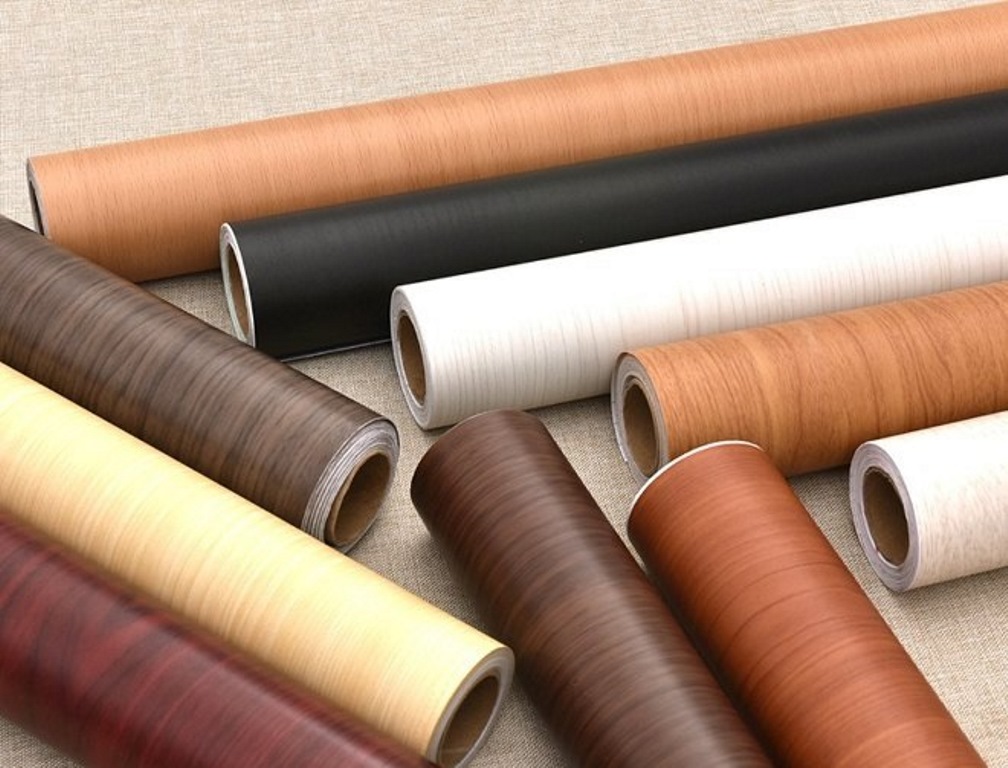
Colored films for furniture
Colored self-adhesive is available in a wide range of colors. There are no restrictions on its choice for this or that furniture. Therefore, anyone can choose for themselves the option that they like.
How to independently recognize that the offered film is really intended for wooden surfaces? Even simply relying on tactile sensations, it is possible to determine for which surfaces the proposed product is suitable. The furniture film is denser, practically does not wrinkle.
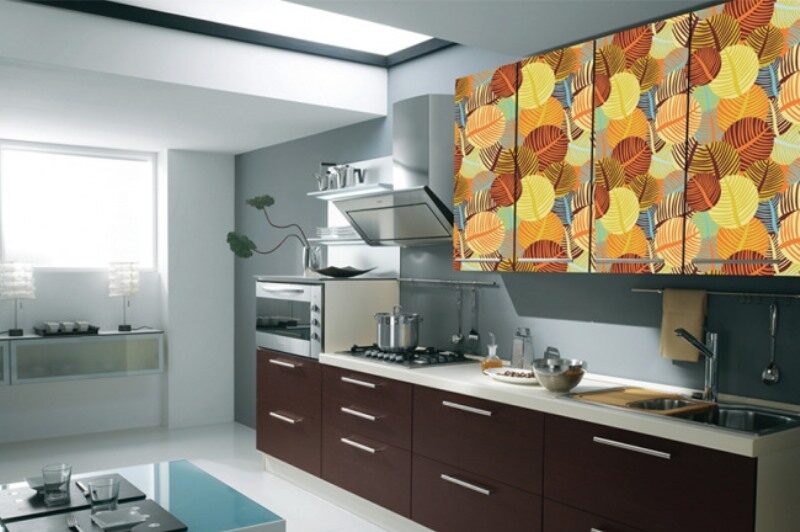
Films for wardrobes, glass and mirrors
A film for fragile surfaces - glass and mirrors, more delicate and thinner. It is also called stained glass, as it is able to transform window openings beyond recognition. However, if you do not follow the rules of operation, then in the process of gluing such material, unlike furniture self-adhesive, can easily break. Therefore, only an experienced master can glue the stained-glass window on their own.
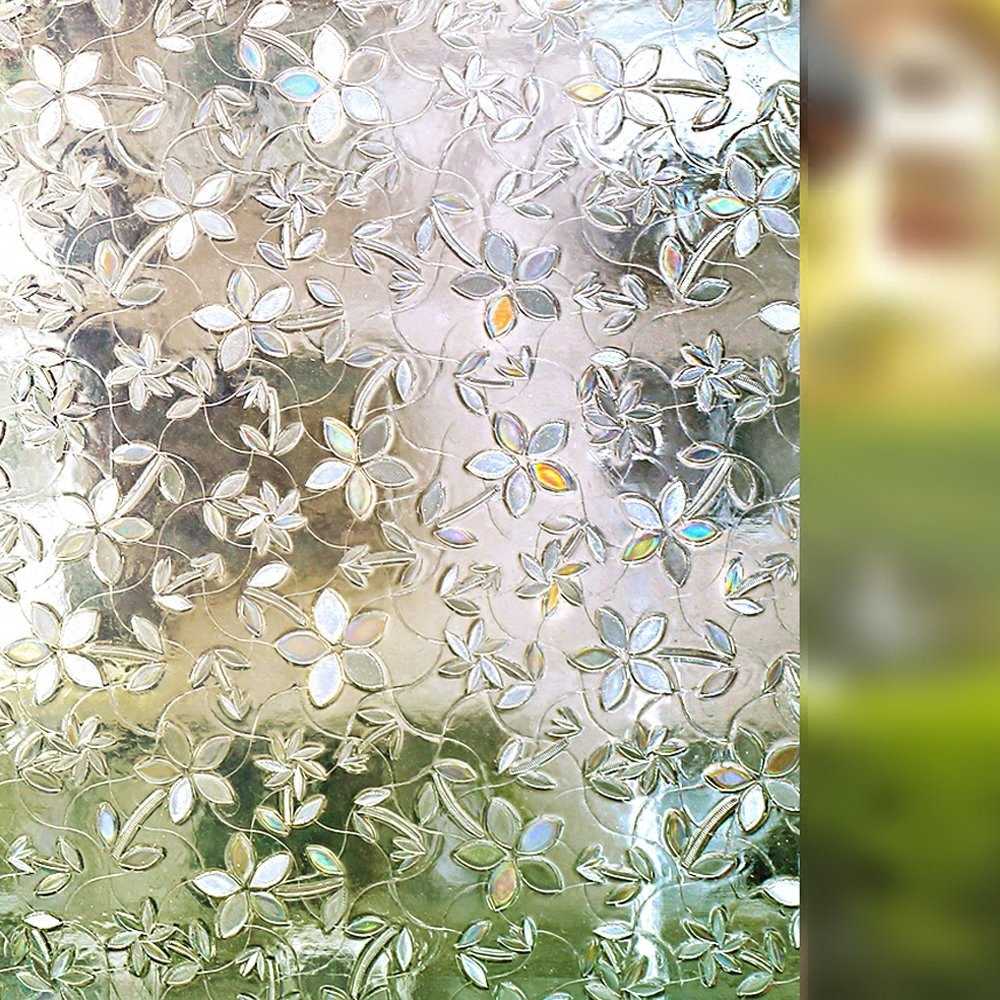
For the decoration of glass products, a translucent matte film is used. She, like furniture, has a wide range of colors and varying degrees of toning - from light drapery to complete blackout.
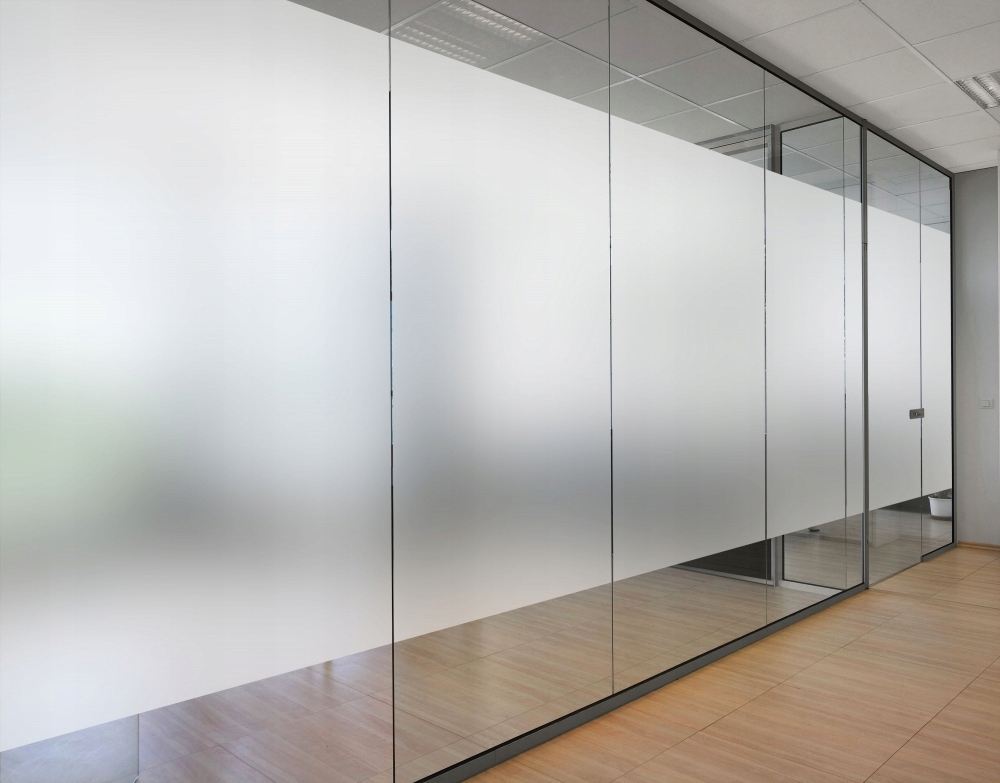
Rules for pasting furniture with film
There are certain requirements for the selection and gluing of the product.
The choice of film, taking into account the type of room
If the surface to be treated is in a small room, then it is better to use a mirror finish to visually add volume and space to the room. Naturally, the film will not replace a full-fledged mirror, but the reflective element will still expand the boundaries of the room.
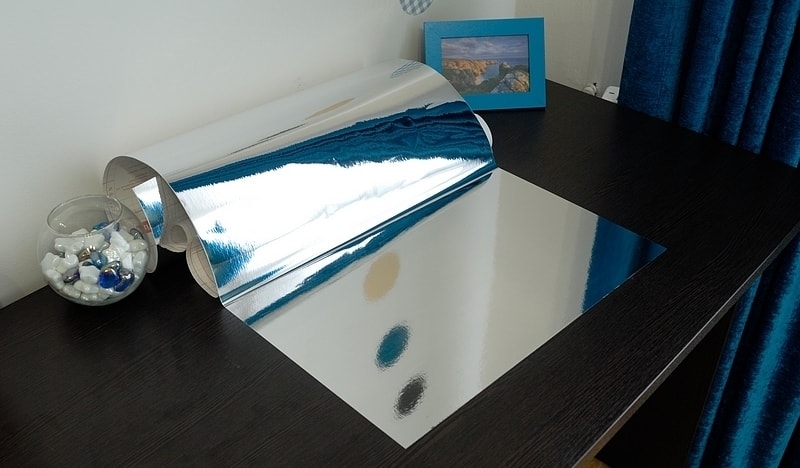
For children's bedrooms, it is better to choose material in a neutral shade or with the image of your favorite cartoon characters. Bright and toxic colors should be avoided not only in the nursery, but also in the adult bedroom. Pasting the furniture with self-adhesive film of acid tones, it should be understood that color accents will constantly be in the field of view of a person, which will negatively affect the quality of rest.
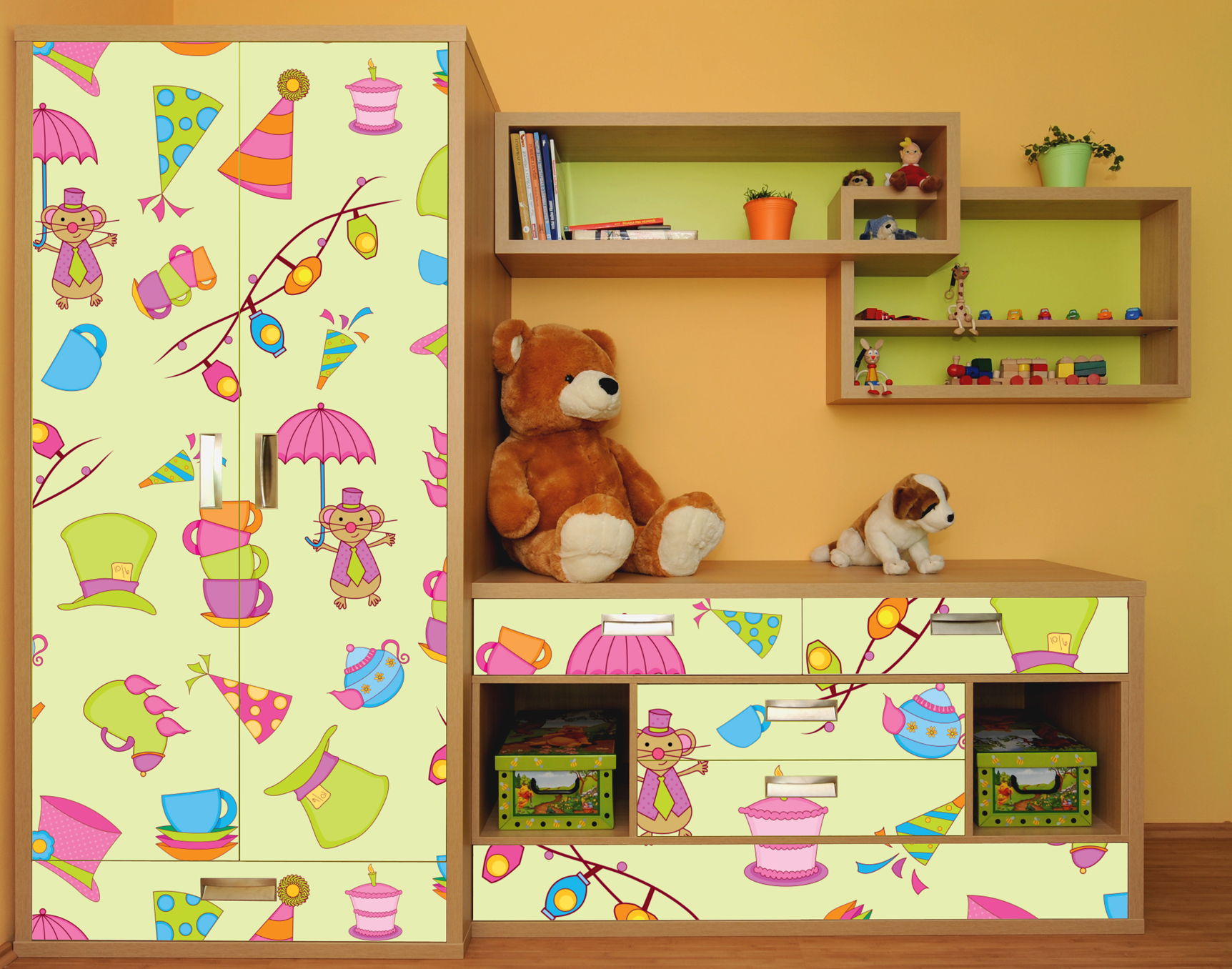
Self-adhesive with a marble pattern is suitable for bathroom cabinets. A monochromatic surface with a matte or glossy effect will look no less harmonious.
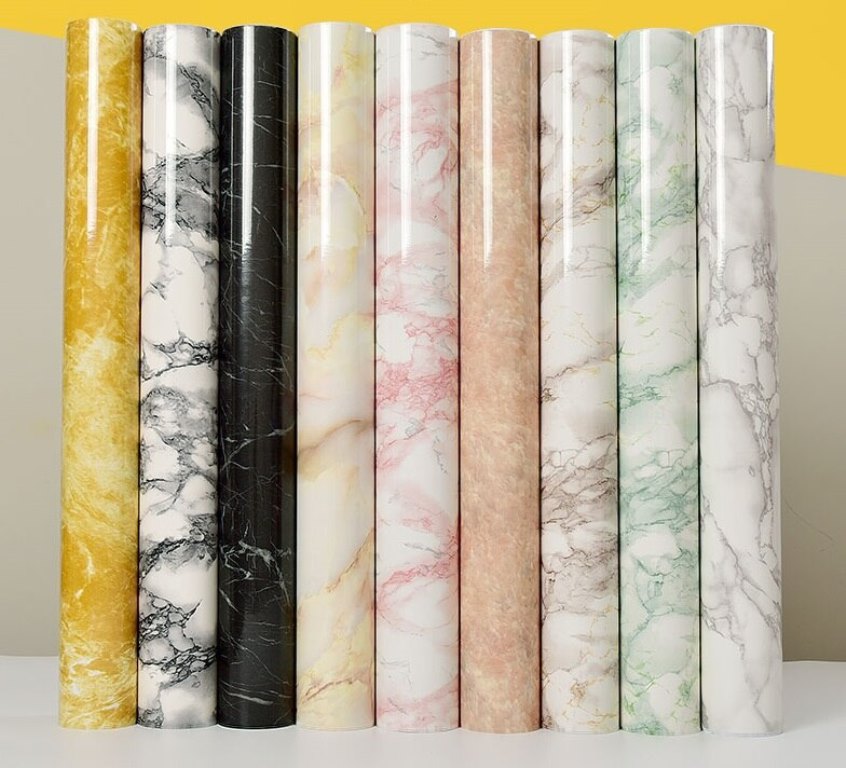
Kitchen sets are often pasted over with self-adhesive with a wood grain pattern. For a change, you can select several surfaces and paste over them with photographic film with a plant or flower image. For example, cover the facades of the kitchen with wood textures, and decorate the kitchen apron with a panorama of a field with sunflowers.
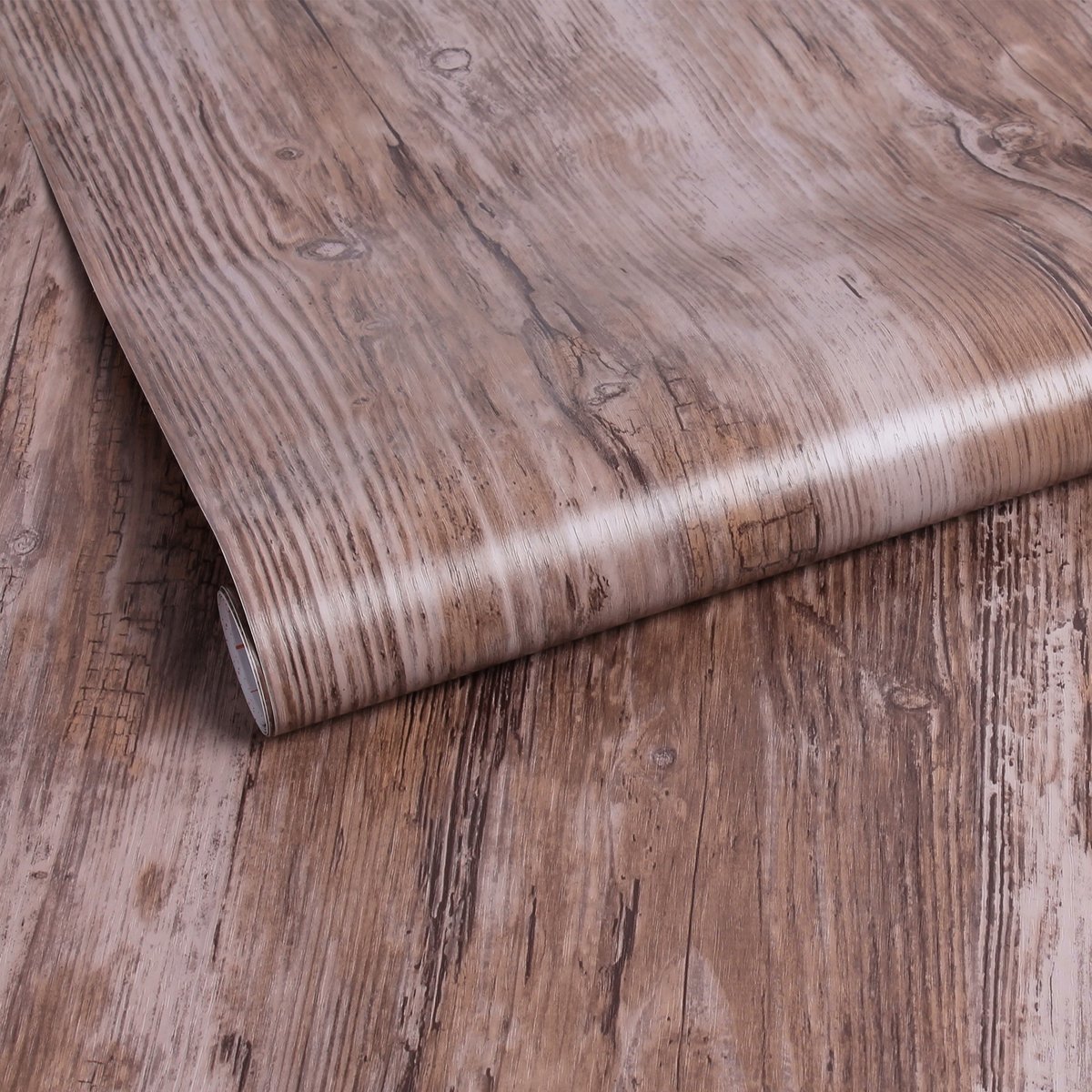
Required tools and materials
For gluing windows or furniture, you need a minimum set of tools: the film itself, scissors or a clerical knife. You will also need a container with a spray nozzle to irrigate the surface of the furniture to be pasted and a silicone spatula to smooth the product.
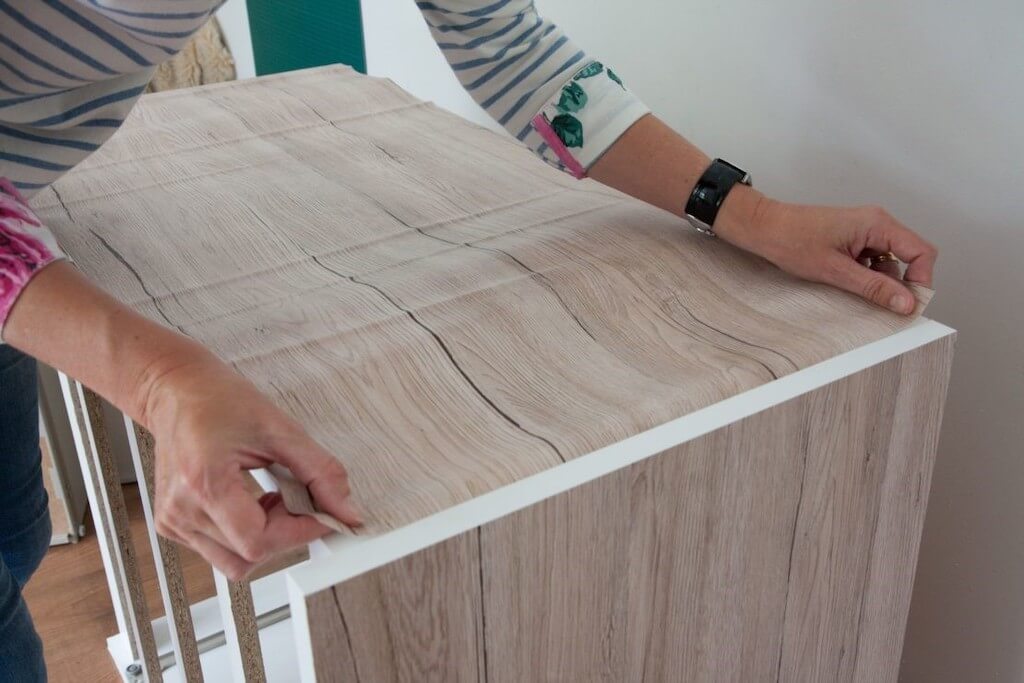
To prepare a soap solution, which facilitates the sliding of the material on the surface of the furniture and simplifies the process of its fitting, ordinary liquid soap and water are used.
You should also foresee the availability of a workplace. For these purposes, a regular table is suitable. If a knife is used instead of scissors in work, then you must also take care of protecting the surface of the table in order to avoid scratches on the product itself and on the working surface.
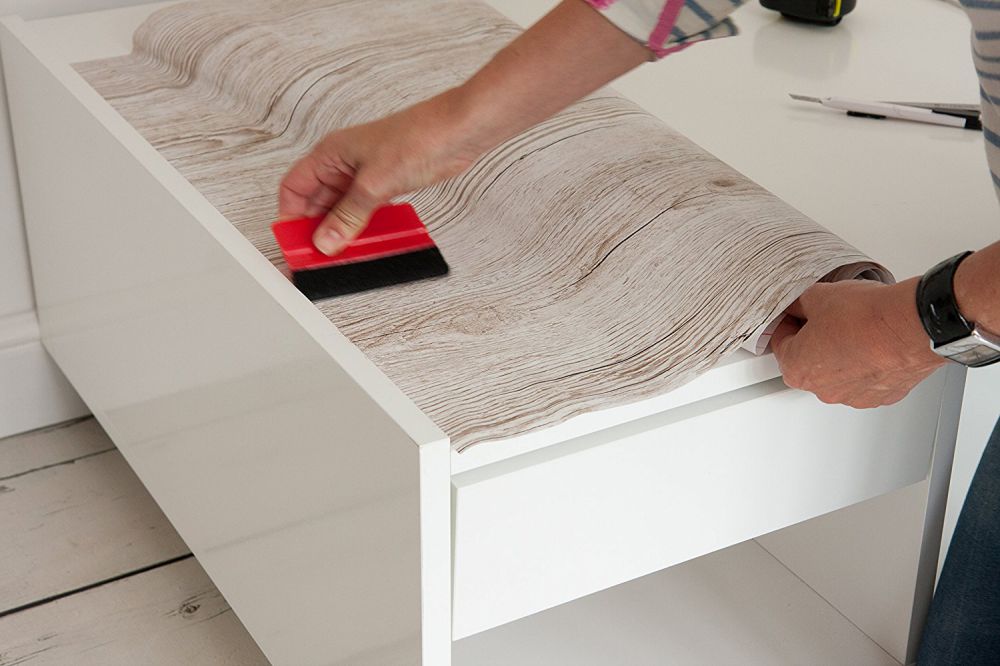
Furniture surface preparation
How to stick a self-adhesive film on furniture? First, you need to clean the surface from dust and dirt using cleaning agents or plain water. If there is an old coating on the furniture, it is better to remove it. If this cannot be done, then the surface must be sanded so as to smooth out all existing irregularities as much as possible. Next, we wipe the surface with water, remove the dust and soak it with a dry cloth.
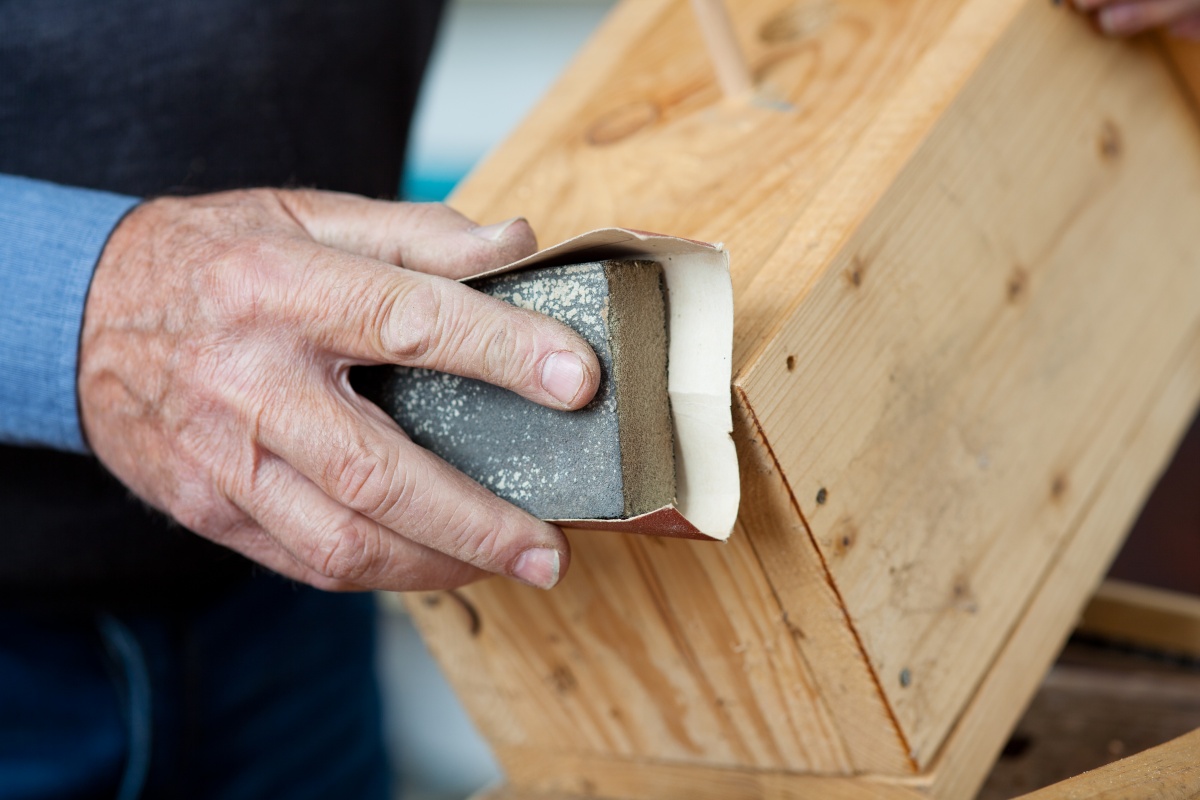
Preparing a light soapy solution. Mix water and liquid soap or gel.
Additional Information. There is no exact percentage of liquids, so you can make a solution at your discretion.
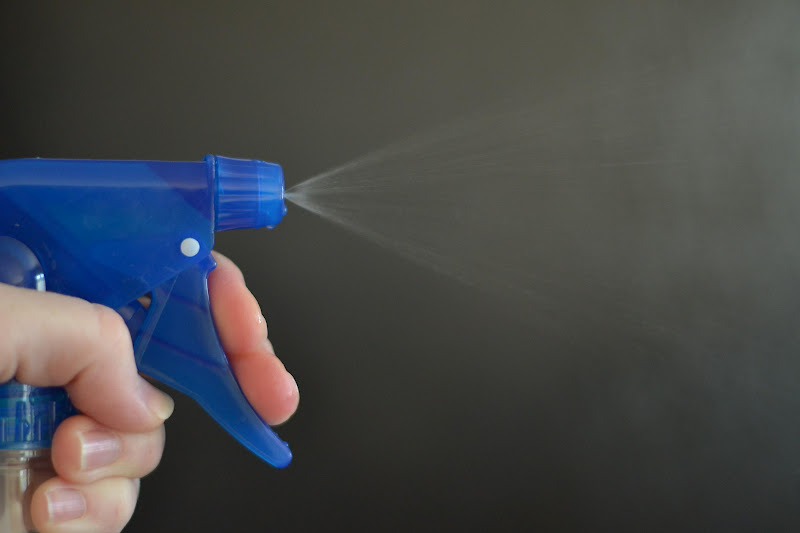
Next, the composition should be sprayed onto the surface to be treated. The more composition we have on the surface, the easier it will be to fit the film. During the gluing process, it is also recommended to spray the product with water as often as possible.
Application technology
How to glue a self-adhesive film on furniture? In order for the self-adhesive to lay down properly, the surface to be glued must be clean.
Note! For convenience, there are special markings on the reverse side that allow you to make the cut as accurately as possible.
It is important to remember that you should always cut with a margin of at least 2 cm. When gluing, you do not need to immediately separate the entire film from the protective paper. Separate about 5 cm of the product on one side and gently attach it to the work surface. After that, you will need to evenly distribute the entire film over the base, gradually pulling back the paper.
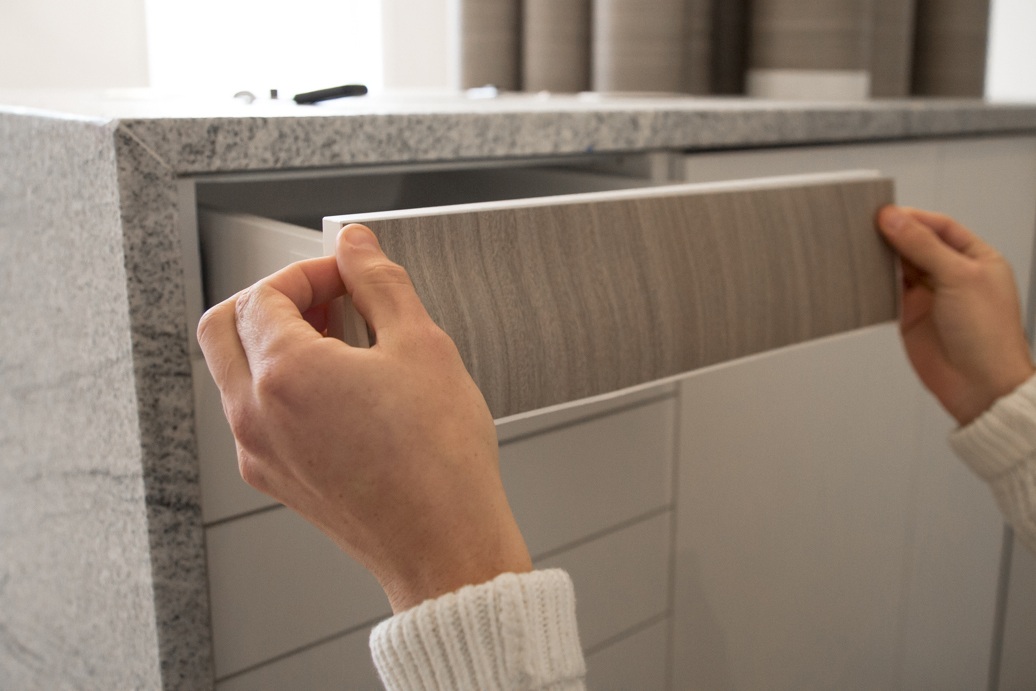
As the film spreads, it must be smoothed thoroughly to prevent bubbles. This should be done in the direction from the center to the edges. But even if air bubbles do form, they can be eliminated with an ordinary needle.
The big advantage of self-adhesive is that within a few hours after gluing it can be removed and glued again, since the glue base is not fixed immediately.
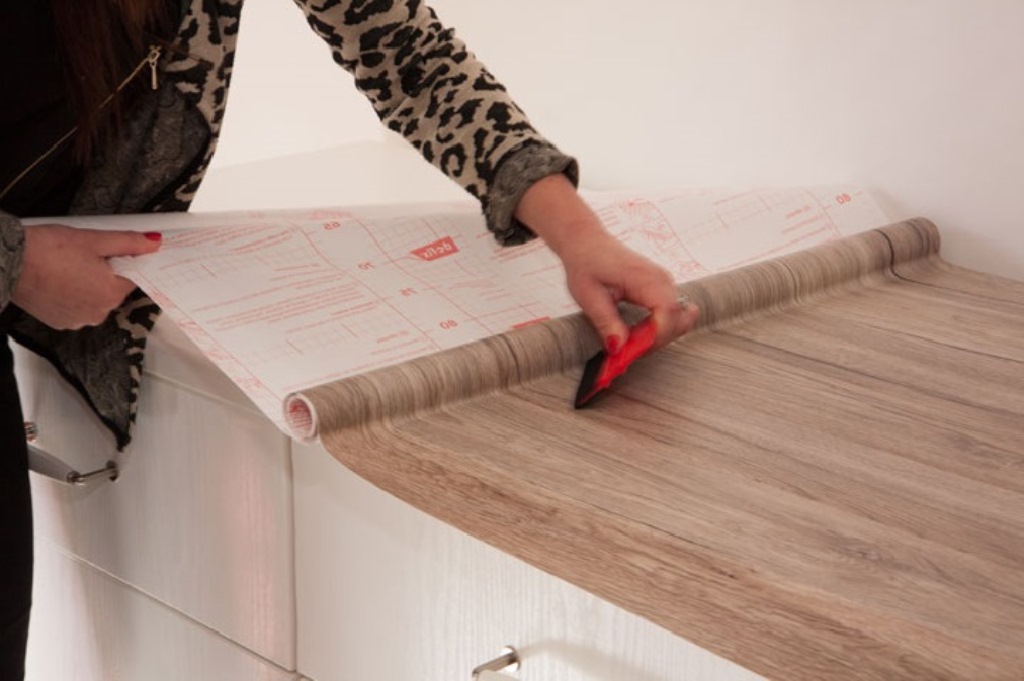
Frequent mistakes
Those who are faced with gluing the film for the first time often make the same mistakes.
Firstly, before buying a film, it is necessary to take exact measurements from the restored furniture and calculate the required material. Taking into account the fact that self-adhesive is sold for a cut, it is better to include additional centimeters in the calculations in reserve.
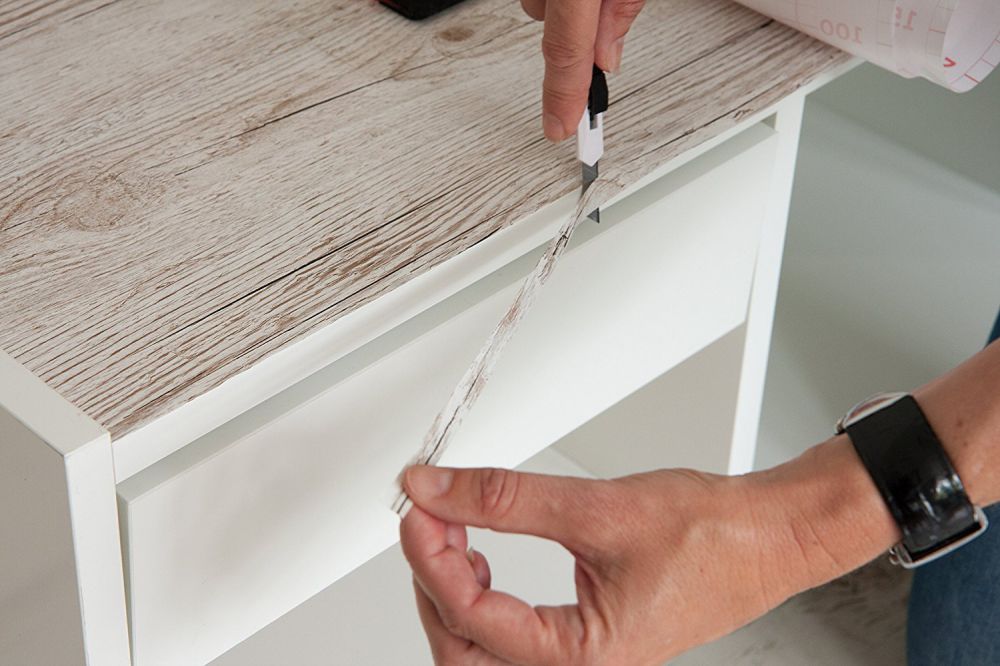
Secondly, the preparation of the surface to be pasted should be carried out taking into account the material from which it is made. If it is enough to wipe the plastic surface from dust with a damp cloth, then wood products must be cleaned and sanded.
Do not remove the protective layer from the self-adhesive immediately, especially if you plan to paste over a large area. It is better to do this gradually, step by step, not forgetting to moisturize the film itself and the product to be pasted with soapy water.
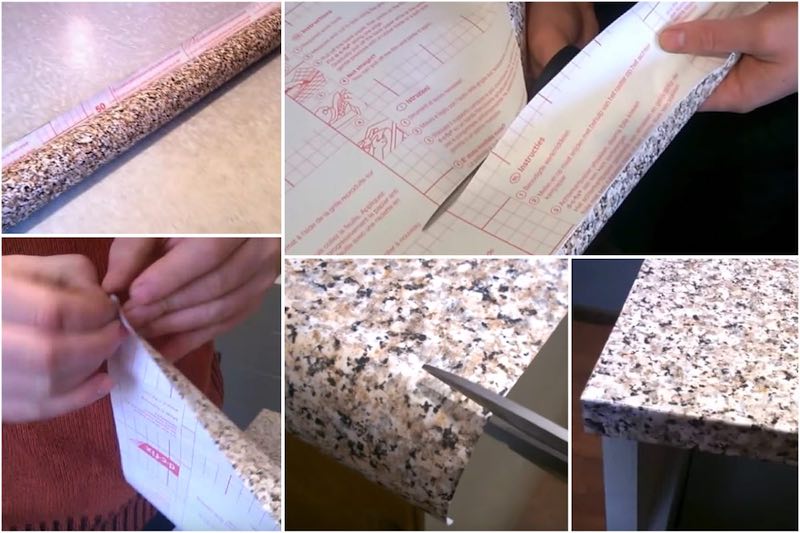
In order to smooth the film over the surface of the product, use a roller, silicone spatula or dry cloth without using any physical effort. Under no circumstances should the film be pulled with bare hands - this way it can only be torn. It is impossible to glue the torn film.
How to remove self-adhesive film from furniture
The self-adhesive film can be easily removed from the furniture surface with a regular hair dryer and hot air. However, the flow rate should be different for different materials.
In order to properly peel off the film from a mirror or glass surface, you can use a regular hair dryer. To do this, it is necessary to warm up the entire surface for several minutes, and then gradually, prying up the free edge of the film and heating it with a stream of hot air, pull off the molten film. Thanks to this method, no glue particles will remain on the glass surface; it will be enough to simply wipe it with a dry cloth. Then you can glue the new cover again.
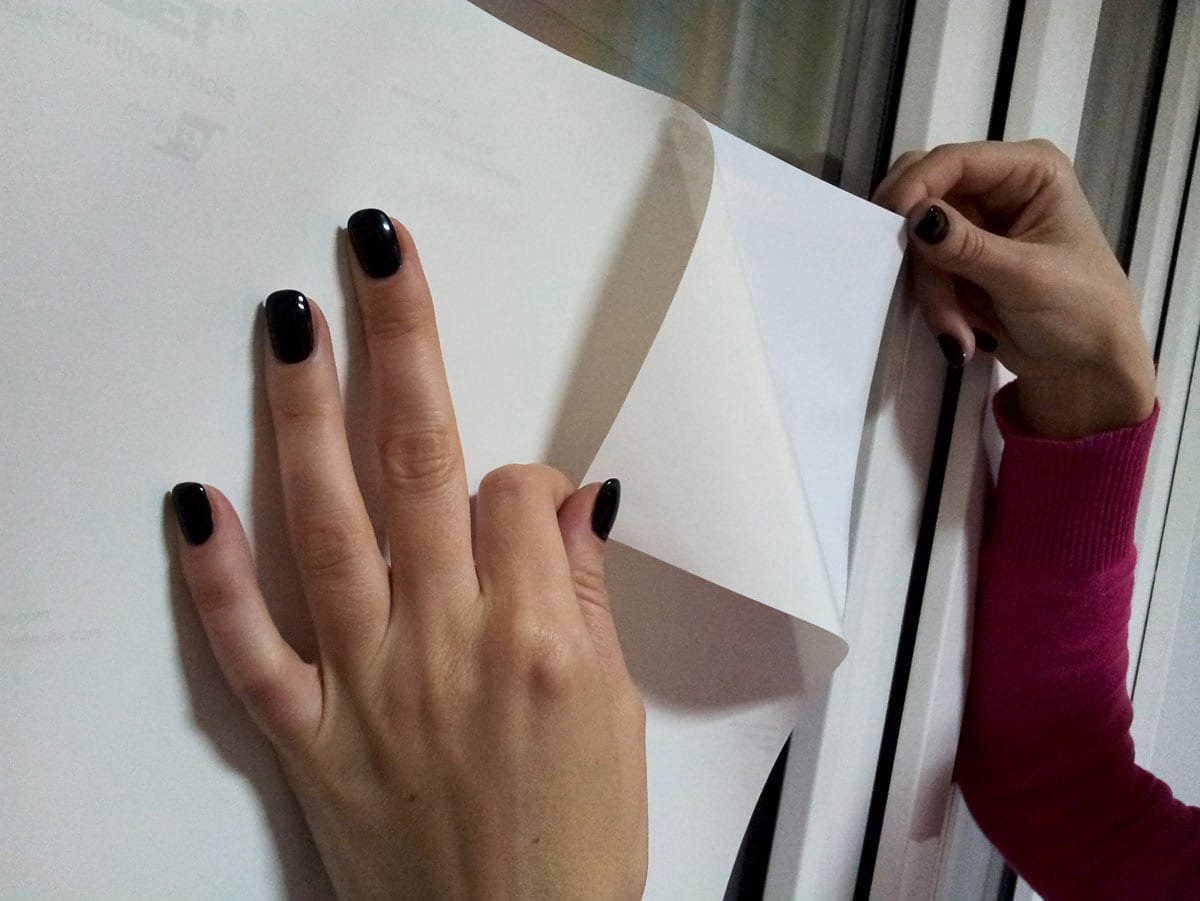
Important! Do not use sharp objects to remove film from mirror surfaces. Thus, you can only scratch the glass, and the film will remain in place.
To remove self-adhesive from wood surfaces, it is better to use a construction hairdryer. It is more powerful and the air temperature is much higher than in a regular hair dryer. The principle of operation is the same as for glass surfaces.
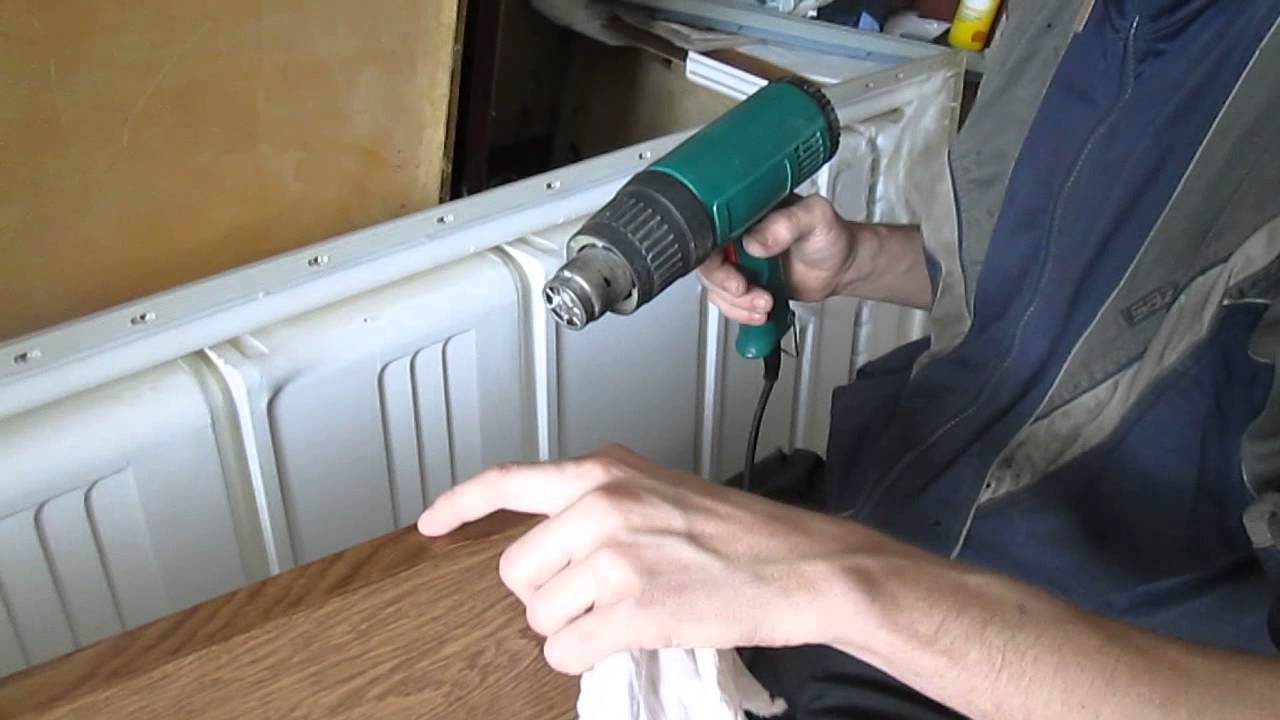
You can update the appearance of furniture in various ways - replace the facades, repaint the surface, or even buy new furniture and not bother. However, not everyone is willing to pay a large sum of money for interior changes. Therefore, the use of self-adhesive film is the most optimal option to renovate your home at the lowest cost.
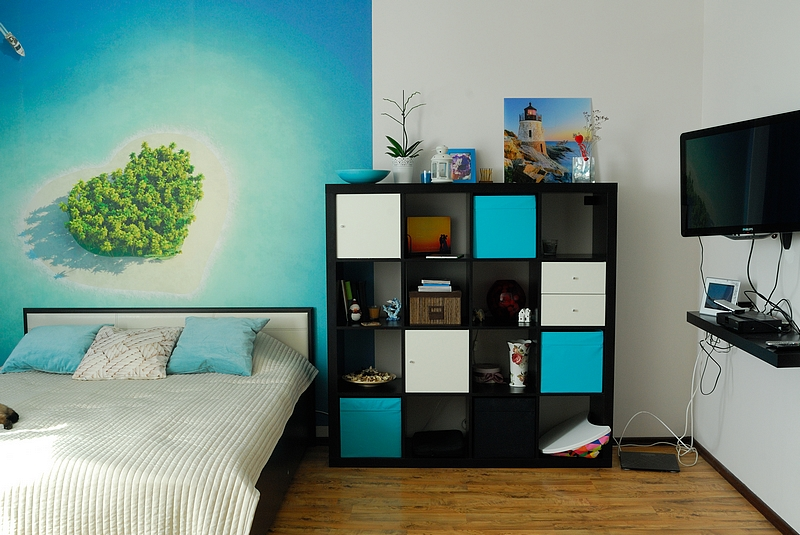
Video: how to renovate a kitchen with vinyl

